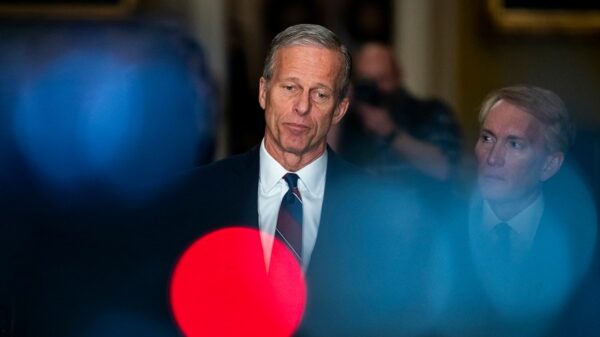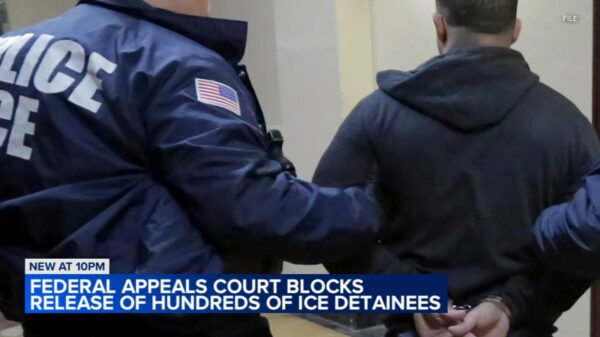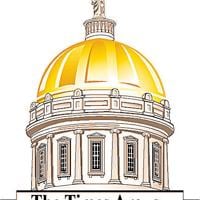U.S. Senator Tim Kaine, a Democrat from Virginia, recently ignited debate by suggesting that the rights of individuals are derived from government rather than inherent, God-given principles. His comments, made on September 4, 2025, have drawn sharp criticism from various quarters, particularly from those who accuse the Democratic Party of hypocrisy in its condemnation of former President Donald Trump and his supporters.
Controversial Statements Spark Backlash
Kaine’s statement, which implies that rights can be dictated by politicians, resonates with longstanding concerns regarding government overreach. Critics argue that this perspective aligns closely with the autocratic tendencies they attribute to Trump. Kevin Kissel, a contributor to the Yakima Herald-Republic, expressed his views in an opinion piece, arguing that liberals’ accusations of dictatorship against Trump reflect their own authoritarian tendencies.
The term “dictator” is defined as someone with absolute authority, and Kissel points out that many on the left have labeled Trump as such. He cites instances where Democratic legislators attempted to suppress dissent, including efforts to criminalize questioning election results. Furthermore, he highlights former President Joe Biden‘s proposal for an agency to monitor public speech, which critics argue would infringe upon free expression.
Hypocrisy or Political Rhetoric?
Kissel challenges the Democratic narrative, suggesting that the criticisms leveled at Trump and the “Make America Great Again” (MAGA) movement often reflect a projection of the left’s own values. He urges Democrats to reevaluate their claims before labeling others as dictatorial, emphasizing that hypocrisy is a detrimental quality in political discourse.
This exchange underscores a broader tension within American politics, where accusations of hypocrisy can often overshadow substantive policy debates. As both parties grapple with defining the principles that underpin their ideologies, the discussion surrounding rights, governance, and authority remains a contentious issue.
The discourse initiated by Kaine and furthered by Kissel highlights the complexities of political identity in the United States. As the 2024 elections approach, such discussions will likely become increasingly prominent, shaping the narratives that define the political landscape.






































































